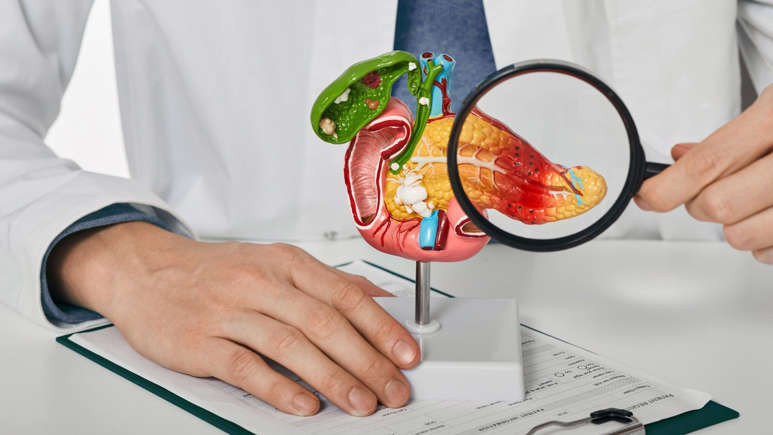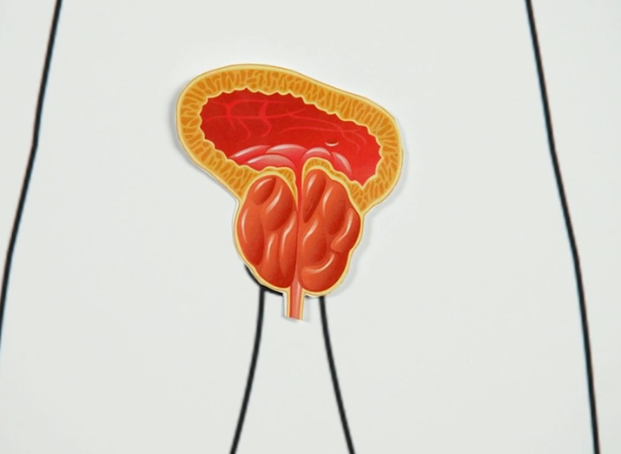A prostate scan breakthrough could save thousands of men from dying of cancer every year, a landmark study has found. Scientists at Imperial College London have developed a 15-minute MRI scan, known as a Prostagram, which can detect the disease early - much like a female mammogram.
It is far less invasive than current examination methods, such as a rectal examination, and could lead to an extra 40,000 cases of prostate cancer being identified every year. This is the first time that any scan has been accurate enough to be considered for use as a prostate cancer screening test.
The landmark trial involved 408 men in the UK having the short, non-invasive scan using innovative resonance imaging (MRI). The technique is modelled on breast cancer screening, which invites women to have a mammogram scan every three years as part of a national programme.
It was found to pick up twice as many prostate cancers compared with the standard prostate-specific antigen (PSA) blood test, which is a common method of diagnosis currently used. At the moment, men who are suspected of having prostate cancer may also be asked to provide a urine sample and have a digital rectal examination by their doctor. If the patient is found to have a raised PSA level, they may be referred for an MRI scan, which takes around 40 minutes, potentially followed by a biopsy.
Researchers hope this less intrusive MRI scan method will encourage men to come forward if they have potential symptoms of prostate cancer. These include the need to urinate more frequently, feeling the bladder has not fully emptied, and blood in urine or semen.
Prof Hashim Ahmed, chair of urology at Imperial College London, said: "Prostagram has the potential to form the basis of a fast, mobile national screening programme for prostate cancer and could be a game-changer. "Prostagram also has the potential to detect more aggressive cancers earlier and pass over the many cancers which don’t need to be diagnosed. By finding these aggressive cancers at the earliest opportunity, men have the opportunity to be offered less invasive treatments with fewer side effects."
Some 12,000 men die from prostate cancer every year, with the figure overtaking breast cancer deaths (11,000) during the last decade. The worrying increase means men should also have access to a national screening programme, the researchers said. Black men are at an increased risk of prostate cancer and almost a third of the trial participants were black.
Dr David Eldred-Evans, who helped develop the Prostagram, said: “The encouraging results of this research study bring a mass screening programme for prostate cancer, equivalent to mammogram testing for women, a step closer. “A major achievement for the trial was the recruitment of ethnic minority and lower socio-economic participants broadly equivalent to their proportion within the community, which could be replicated in future general population screening trials.
"Plans for a more extensive trial covering 20,000 men are well advanced and will proceed in the coming months subject to funding. If results from this study are similar or better than those revealed today, there is then a clear pathway to the widespread implementation of Prostagram into the general population."
The findings were published in the journal Jama Oncology.
Reporting: The Daily Telegraph





